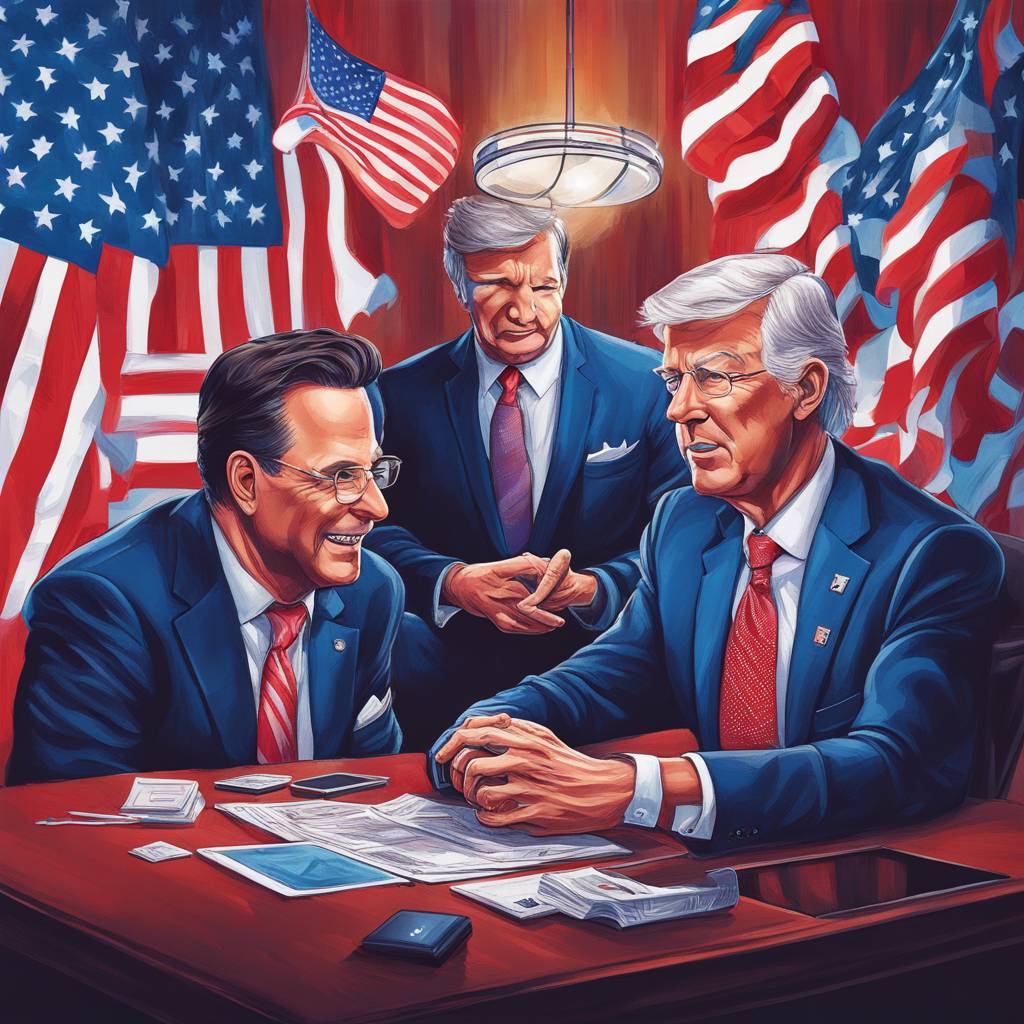U.S. investors who have backed ByteDance, the Chinese internet company that owns TikTok, are facing increasing complexities regarding their investments in the company. A bill to force ByteDance to sell TikTok is making its way through the Senate, raising concerns about national security threats due to TikTok’s Chinese ties. U.S. investors, including General Atlantic, Susquehanna International Group, and Sequoia Capital, are under pressure from lawmakers to answer for their investments in Chinese companies. The Biden administration has also limited U.S. investments in China, adding to the challenges faced by these investors.
Investors in ByteDance have an illiquid investment as the company is privately held, making it difficult to sell their stakes. Despite being one of the world’s most highly valued start-ups, worth $225 billion, U.S. investors are finding it challenging to make their investment liquid. The Chinese government is unlikely to relinquish control of ByteDance, making it even more challenging for investors to exit their positions. ByteDance’s investors are facing the reality that their assets are stranded and difficult to make liquid in the current geopolitical climate.
U.S. investors, including Susquehanna, Sequoia Capital, and General Atlantic, have been involved with ByteDance since its inception in 2012. These firms were able to hold up ByteDance as a star investment, particularly as TikTok gained popularity worldwide. However, as U.S.-China relations deteriorated, the spotlight on U.S. investments in Chinese companies intensified, creating more discomfort for these investors. President Biden’s executive order banning new American investments in key technology industries and increasing scrutiny from lawmakers have further complicated the situation.
Some U.S. investors have taken steps to distance themselves from China, including Sequoia spinning off its Chinese operation into an entity called HongShan. However, the situation for ByteDance’s U.S. investors is contentious, with comparisons being drawn to how geopolitics scrambled economic bets on Russia. Some investors have made substantial donations to political candidates and groups, leading to further scrutiny of their connections and motivations. The outcome remains uncertain, with the fate of the bill to force a sale of TikTok hanging in the balance.
To get the most for their stakes in ByteDance, U.S. investors are hoping for a public listing or a sale, even if it’s federally mandated. However, the future is uncertain, and the scrutiny of ByteDance’s investors is likely to persist. Investors want the attention to fade away as the longer it stays, the more detrimental it could be for their investment. The situation underscores the challenges faced by U.S. investors in Chinese companies amid geopolitical tensions and shifting regulatory environments.


